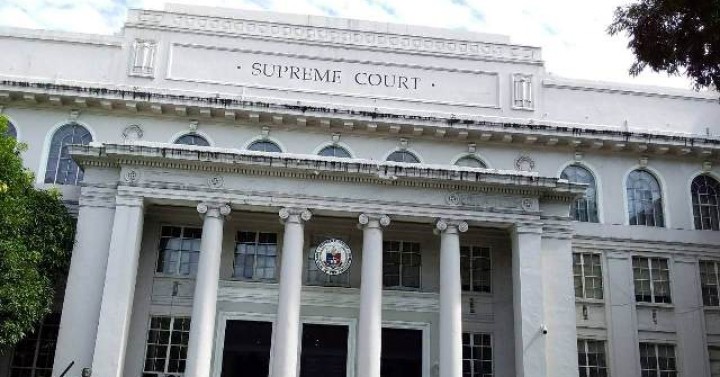News
Courts remain open amid enhanced quarantine: SC
MANILA – Courthouses remain open for individuals charged with criminal offenses and seeking to post bail for their temporary liberty during the enhanced community quarantine period, a Supreme Court (SC) official said Thursday.
SC spokesperson Brian Hosaka said except for night courts that have been suspended, the regional trial courts (RTCs) and Metropolitan trial courts (MeTCs) will maintain skeletal staff “precisely to address urgent matters, such as bail.”
“Our courts, despite drastically reducing operations, will continue to function to attend to important and urgent matters,” he said in a message to reporters.
Quoting Manila MeTC Executive Judge Carissa Frondozo, Hosaka said there has not been any case filed for violation of city ordinances following reports claiming that arrested individuals in Manila can no longer post bail because courts are closed.
Earlier this week, Justice Secretary Menardo Guevarra urged the public to cooperate with the government’s enhanced community quarantine for Luzon, noting that violators would face charges.
Guevarra said “considering the gravity of the present situation,” authorities may file charges against violators under some laws, such as the Quarantine Law of 2004 (Republic Act 9271), the Mandatory Reporting of Notifiable Diseases and Health Events of Public Health Concern Act of 2018 (RA 11332), and resistance and disobedience to a person in authority under the Revised Penal Code (RPC).
He said if the act was done with violence, more serious charges of direct assault may be filed against violators.
Violation of the RPC provisions on direct assault, if one is found guilty, is punishable by a minimum of six months imprisonment or a fine of up to PHP200,000.
Disobedience is penalized with a prison term and fines of up to PHP100,000.
Violations of Section 9 of RA 11332 on non-cooperation in the mandatory reporting of notifiable diseases is punishable by a fine of not more than PHP50,000 or imprisonment of not more than six months.
Similar penal provisions are also provided under the Quarantine Act, Guevarra said.






















